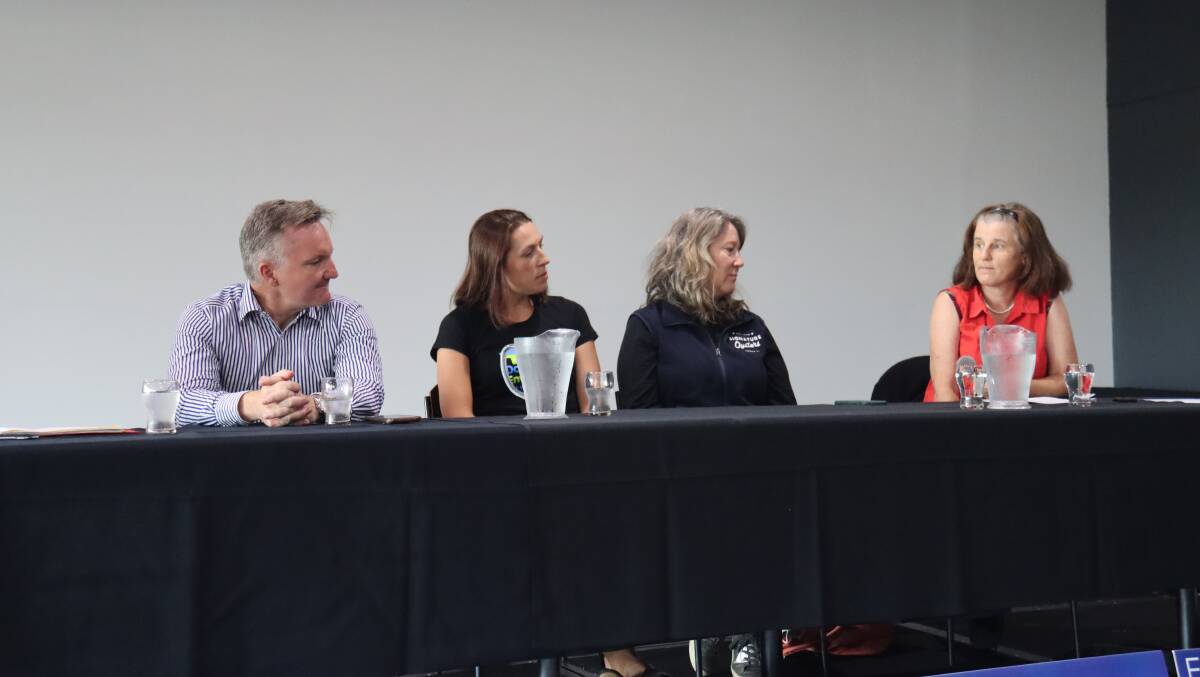
By Dr Michelle Hamrosi published in the Bateman’s Bay Post March 21, 2022
It’s hard to feel safe these days, with climate change turbocharging extreme weather events. On what should have been a regular work day, the weather warnings made me contemplate whether it was safe to take my daughter into Moruya Preschool. A large tree – just 50 metres from the preschool – had fallen and taken down the power lines. Thanks to the community-run Southcoast Health and Sustainability Alliance (SHASA), the preschool is now a climate haven, with battery-powered back-up electricity to help provide a safe shelter in times of heatwaves, bushfires or, like today, severe storms.
Over the past few turbulent years SHASA volunteers have rolled up their sleeves and got on with building a more resilient Eurobodalla. They’ve been on the ground promoting use of active and electric transport and encouraging re-use and repair through the Moruya Repair Café. And they’ve secured significant grant funding to retrofit six community facilities into heatwave and bushfire havens.
SHASA played a prominent role in the Climate and Jobs Forum held in Moruya on March 10. Hosted by Gilmore MP Fiona Phillips and attended by Shadow Minister for Climate Change and Energy, Chris Bowen, it brought community members together to talk climate, resilience and local jobs. SHASA president Kathryn Maxwell and Batemans Bay oyster farmer Claire McCash spoke on a panel, as did I – representing Doctors for the Environment Australia.ADVERTISING
The Labor representatives spoke about the economic benefits of tackling climate action and outlined the party’s Powering Australia Plan, which includes provisions for 400 community batteries, including one at Maloney’s Beach, Batemans Bay. The batteries, critical to a healthy grid and energy resilience, will be welcome in Eurobodalla, as local power outages during the Black Summer bushfires lasted for weeks.
Kathryn Maxwell told the gathering that Eurobodalla Shire still produced 438,000 tonnes of CO2 annually.
“With strategic federal government assistance, we could significantly increase our adoption of low emissions technology – community batteries, solar farms, EVs and microgrids,” Ms Maxwell said. “Local businesses will install and maintain this technology – meaning local jobs.
“We need a federal government that will partner with the community to transition to the new economy and tap into the amazing opportunities, especially in renewables. SHASA calls on the federal government to fund a network of community power hubs to provide technical and project support to leverage community energy projects.”
Local Oyster Farmer Claire McCash shared her experience of the climate impacts on oyster farms.
“Oysters need healthy clean river water and these significant floods bring in contaminants resulting in extended shutdowns on oyster harvesting,” Ms McCash said. “Governments need to do more to protect catchments from inappropriate development to protect the oyster industry.”